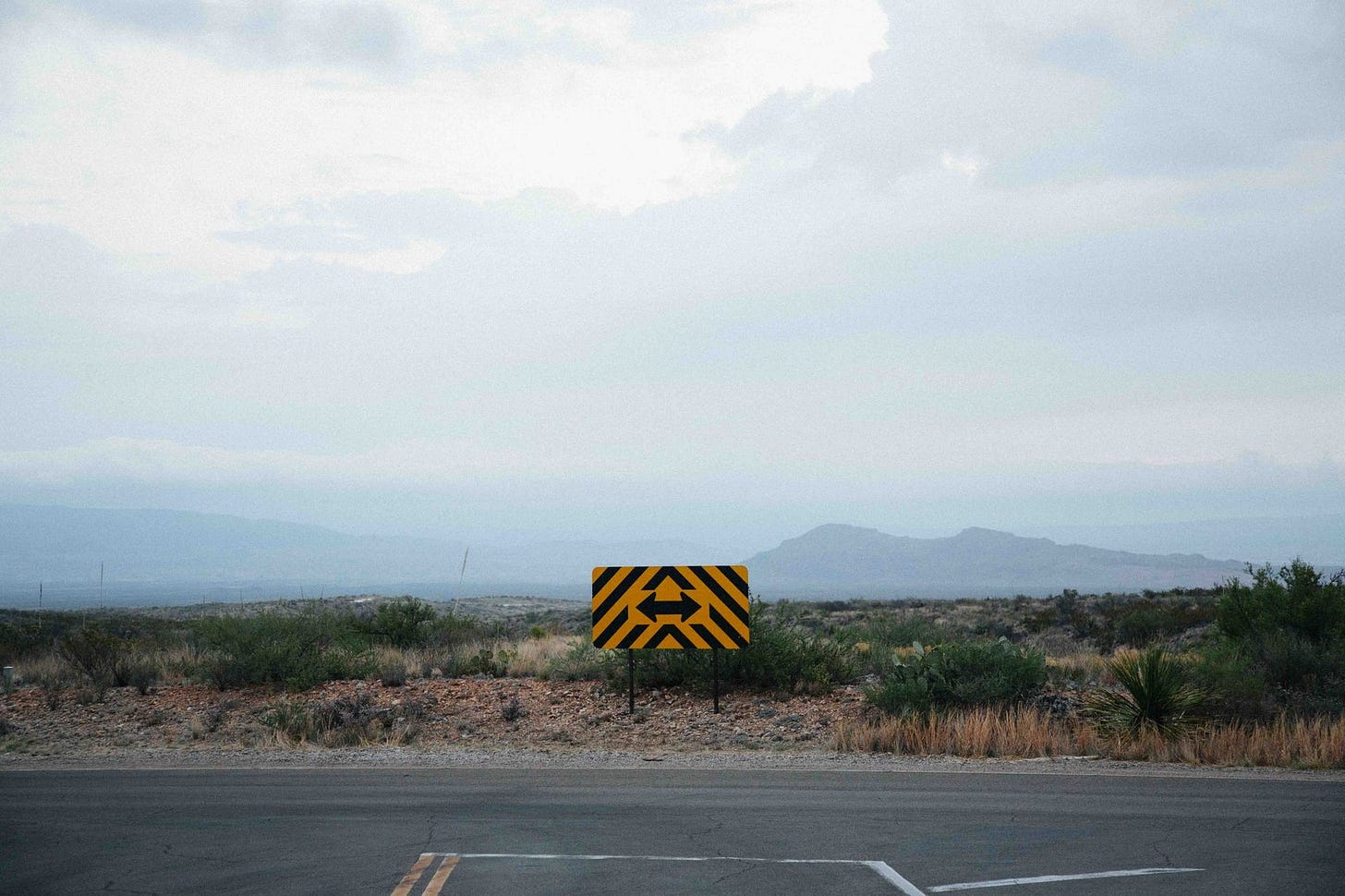The way we see the problem is the problem

What are the problems we have in life? Our body is letting us down - perhaps through aging or illness or injury.
Finances not where we’d like them to be. Or a rocky relationship with one or more people is causing heartache.
Maybe there are issues with our reputation or standing in various social or professional circles. Boredom or loneliness or the lack of quality relationships might have us feeling blue.
There’s nearly an endless list of problems presenting themselves as pain in one form or another.
And while we focus on addressing each - or, at least, the “big” ones - we completely miss the real problem.
The problem has nothing to do with any of those things. In fact, the problem is that we actually believe those things are problems.
The way we see the problem is the problem.
The challenge with studying a non-dualistic thought system like A Course in Miracles is that we are so gripped by our perception of problems that it’s nearly impossible to believe there is another way.
Problems shriek, “Pay attention to me!”
And we dutifully oblige. Seemingly without option.
But opening the door, however slightly ajar, to the idea that nothing we think of as problems is the true cause of the angst we experience - completely changes our life.
We begin to understand that the most helpful thing we can do is remind ourselves that there is only one problem. Just one. And that’s the choice for the ego mind.
That’s not at all to say we don’t experience problems in the world. We most certainly do! And they can indeed be very, very painful.
But what the course is asking us to look at - gently, and without judgment - is how much we get caught up in the drama of our lives.
Consider these lines from Lesson 86:
I am choosing between misperception and salvation as I look on this.
If I see grounds for grievances in this, I will not see the grounds for my salvation.
This calls for salvation, not attack.
Attack in the course means choosing the ego. Whereas salvation is returning to our mind and essentially saying “no thank you” to the ego’s guidance and asking for help to see this differently.
Thus we use our suffering to help lead us back to the mind where we can make a different choice and escape all pain that our ego’s election has brought us.
Join me in Thursday’s class where we'll explore the real problem - and how we can practice recognizing and escaping from its distressing ordeals. I look forward to seeing you then.

